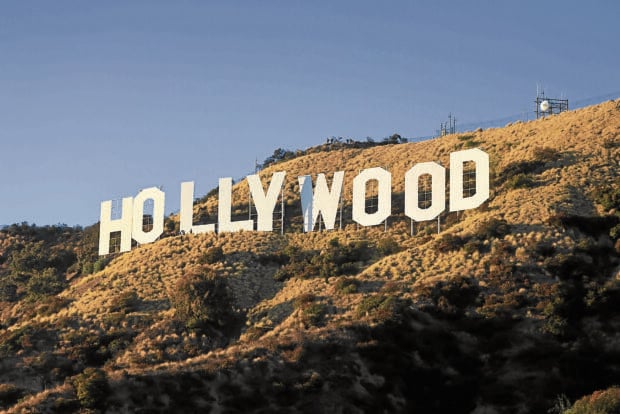
AFP
Concern is growing in Hollywood about the impact of artificial intelligence on the entertainment industry, and particularly on movies and television. A recent report highlights the fears of industry workers about the rise of technologies such as ChatGPT and DALL-E, which could automate certain tasks and threaten jobs.
Industry professionals interviewed for a new report estimate that over 20% of jobs in the film, TV and animation industry could be impacted by AI by 2026.
Artificial intelligence is revolutionizing many sectors, and the entertainment industry is no exception. A recent report* by the Animation Guild, entitled “Future Unscripted: The Impact of Generative Artificial Intelligence on Entertainment Industry Jobs,” highlights workers’ concerns about the rise of AI.
According to the study, more than 200,000 jobs in the sector — which includes film, television, animation, music and video games — will be affected by the rise of artificial intelligence by 2026. Film, television and animation are expected to be the main sectors affected, to the tune of 118,500 jobs, or 21.4% of all jobs in this sector.
The study points out that the jobs most at risk are those involving repetitive, routine tasks, such as creating special effects or animating characters.
Nearly a third of those surveyed predict that AI will have repercussions within three years for sound editors, 3D modelers, mixers, audio and video technicians. A quarter believe that sound designers, composers and graphic artists will also be affected, while 15% foresee changes for storyboard artists or illustrators.
California would be most impacted
The study reveals that of the 555,000 jobs created by the film, TV and animation industry in the US, almost a fifth could be consolidated, replaced or eliminated by AI in the next three years. The states where this activity is most highly concentrated would be the hardest hit.
California, the undisputed leader in the sector, could see 39,500 jobs “displaced” by 2026, or 33.3% of all jobs potentially impacted by AI. New York could follow, with 15,100 jobs affected (12.8%). Even Georgia, whose industry is growing exponentially, could see 6,100 jobs affected by generative AI by 2026, the report predicts.
New jobs could emerge, however, in AI supervision, the creation of original AI content or the adaptation of existing content to new technologies.
Methodology: Between November 17 and December 22, 2023, CVL Economics surveyed 300 executives (C-level executives, senior executives, mid-level managers) in six US entertainment sectors. The survey focused on understanding the impact of generative AI (GenAI), especially in sectors such as film, television and animation, and music and sound recording.





